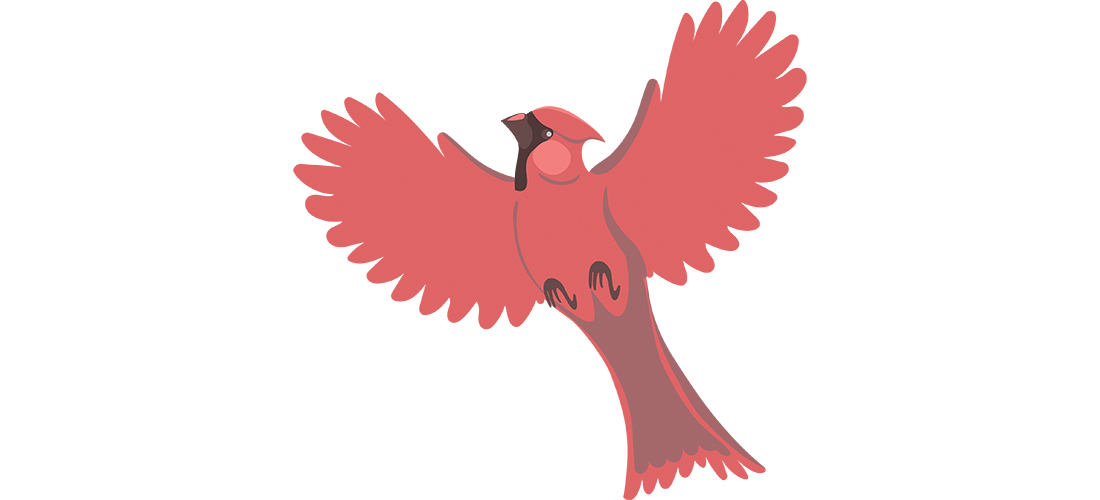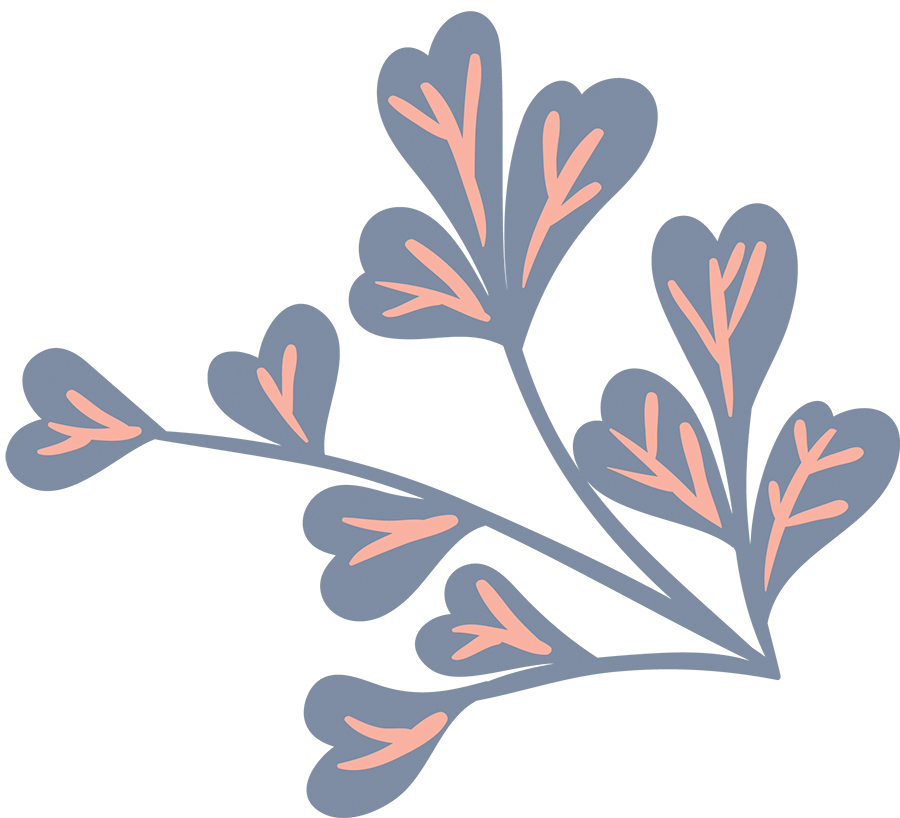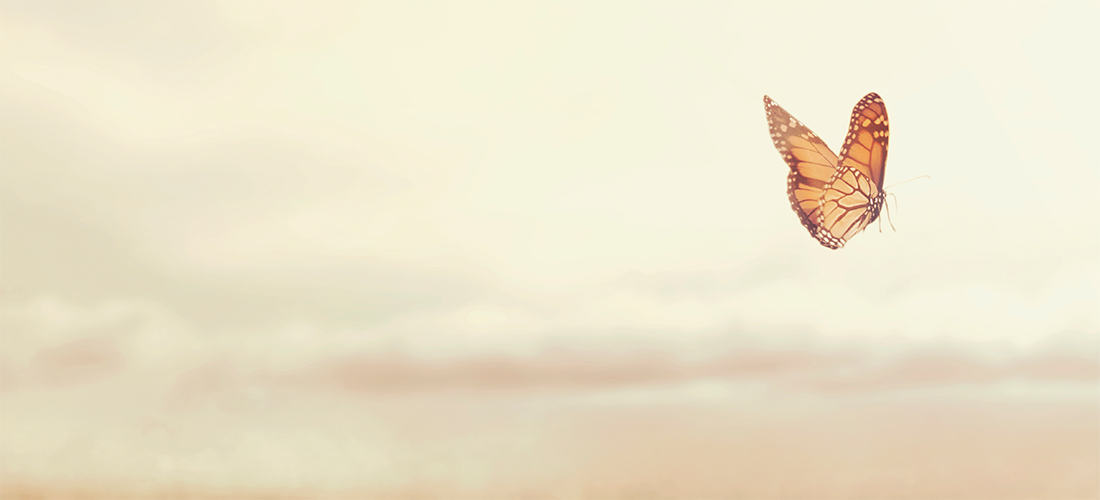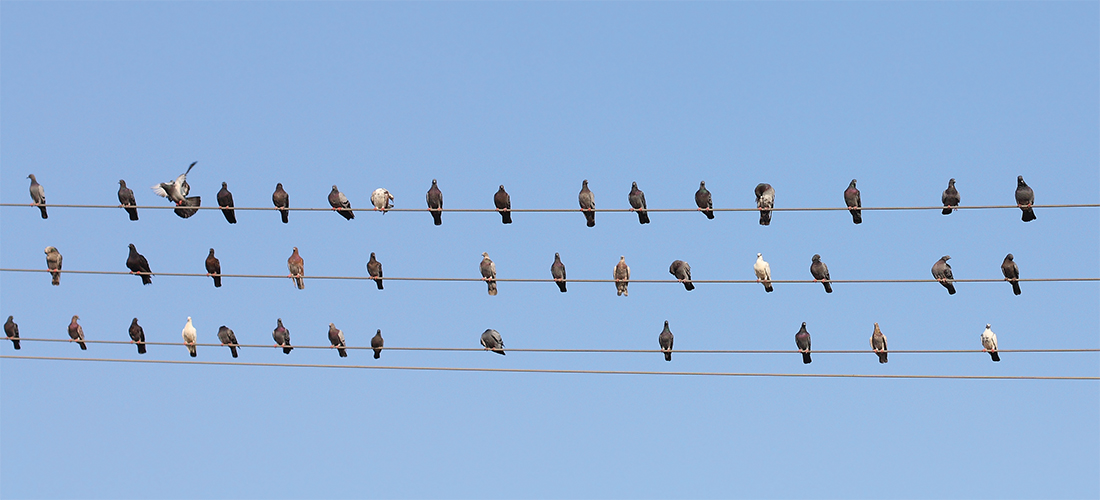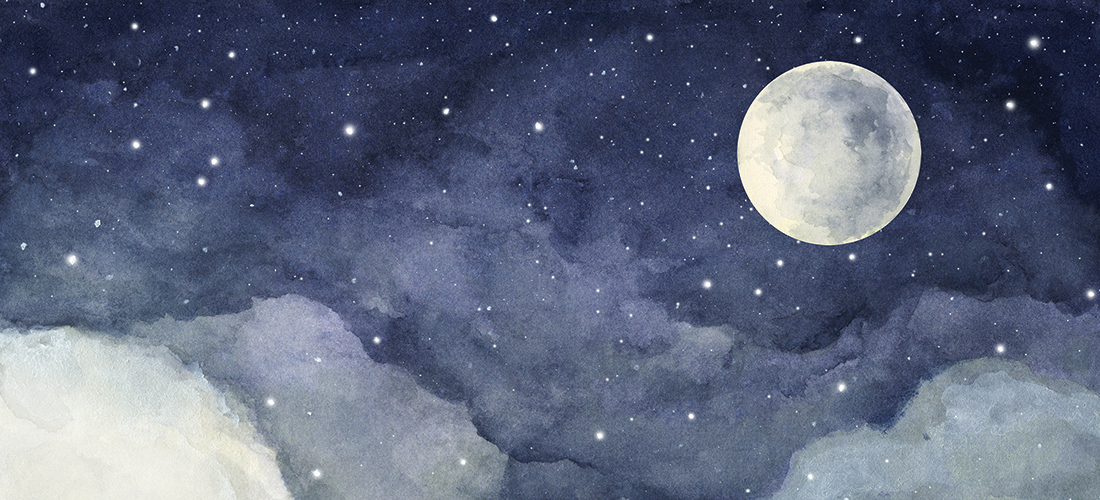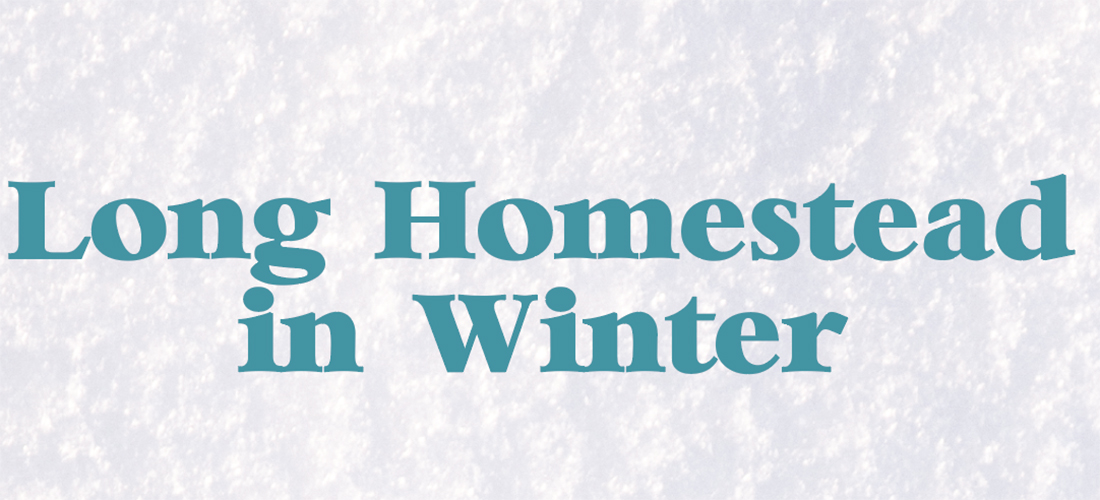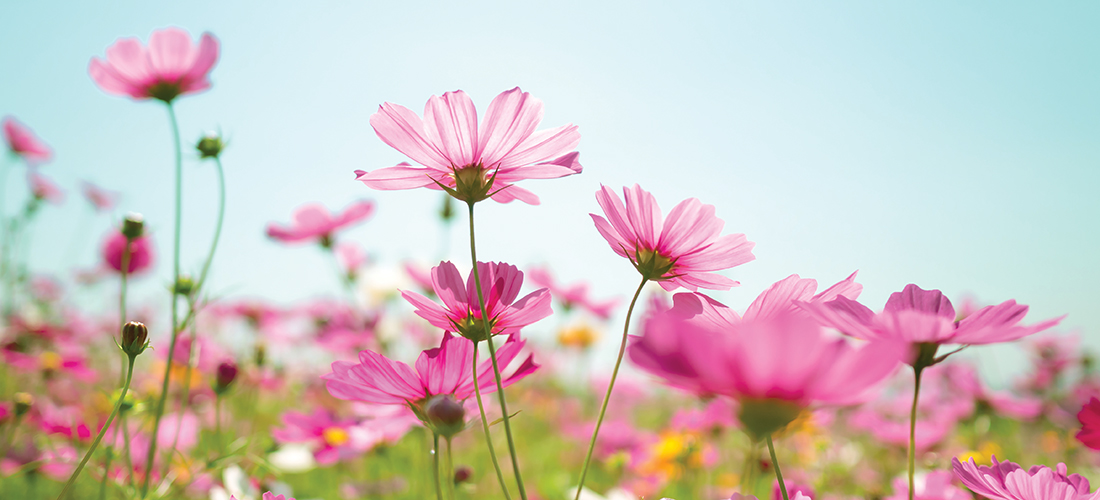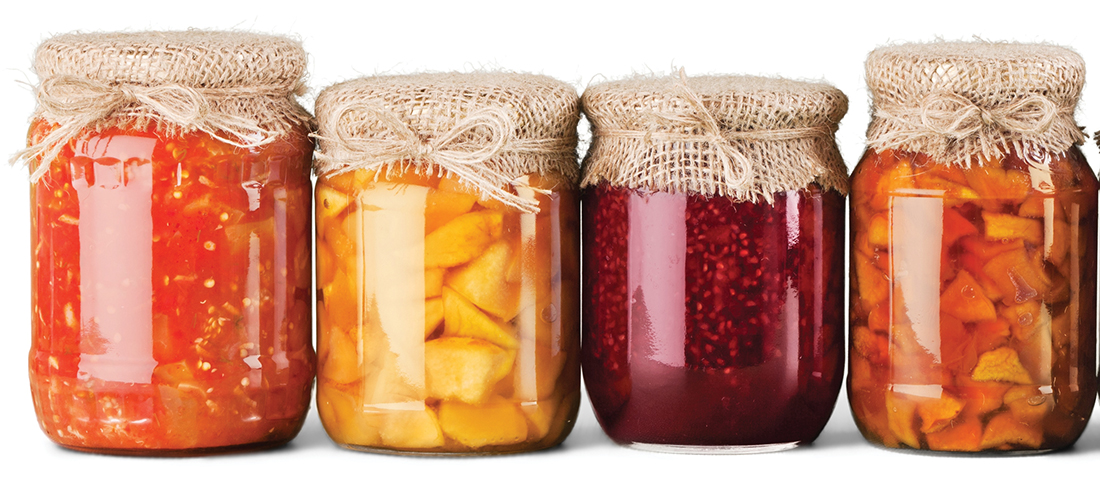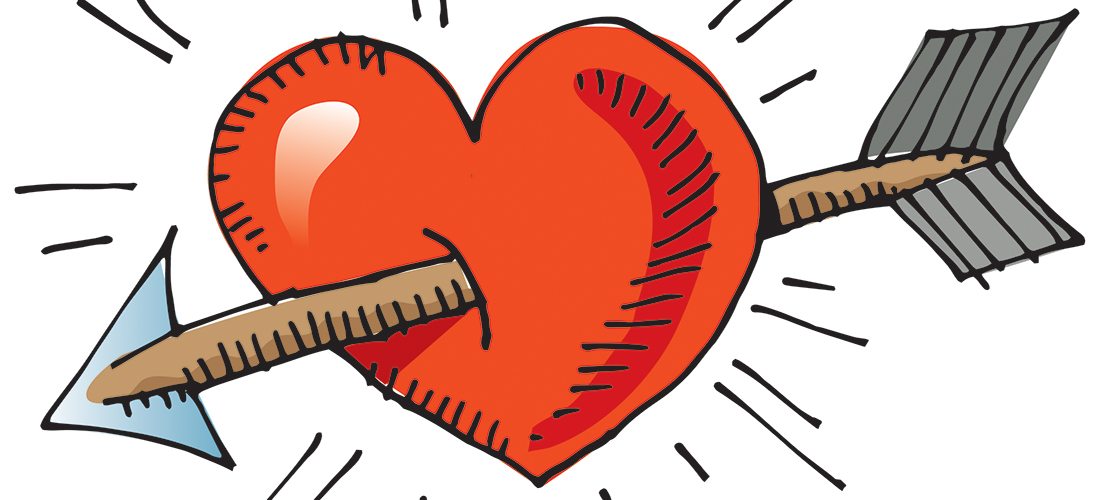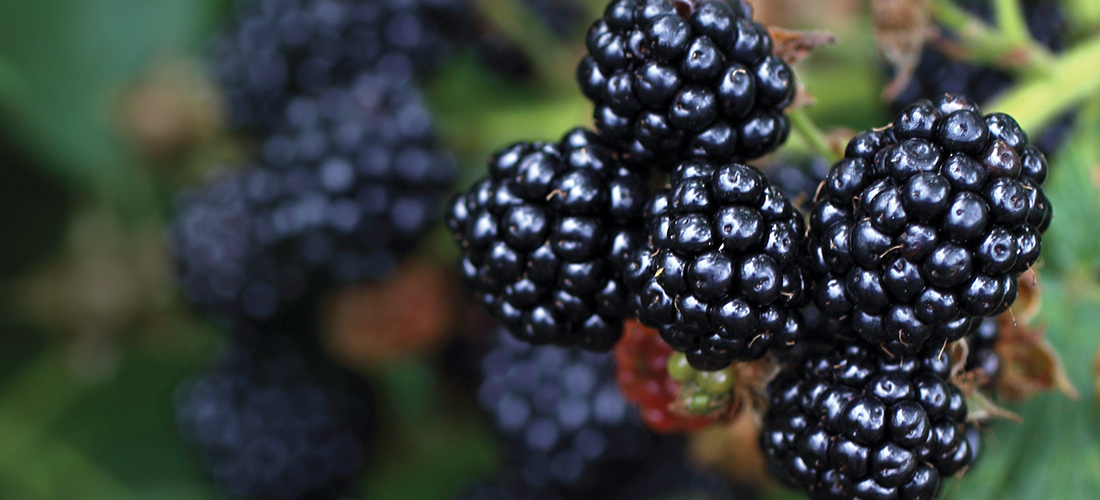Diving for the Anchor
When you were my living father, I thought of you as you,
alone. Now that you’re long dead, I think of you and me
as us, together, not that we were closer than most
fathers and sons who can’t say what should be said,
the unspoken words between them a great gauzy silence
ever after, as on the moonless night we fished the
Miles River, a tributary of the Chesapeake, skidding our
johnboat into an early autumn’s slacking, our fishing
rods angled on the gunnels. Nettles billowed the pilings,
cottonwood and locust sapped the brackish air as
the lulling water swirled us into an outgoing tide,
tugging us midstream where you tossed the anchor
overboard and heard it splash, no chain securing
it to the boat, the lead shank long gone in deep water.
“We’ve lost the damn anchor!” you swore to high
heaven, and as the outwash eddied us bayward you
stripped off your shirt, shoes, and shorts and dove in,
roiling the dark water to gulp you under into perfect oblivion,
leaving the child I was alone with night sounds — a screaky
covert of moorhens, cicada crescendos, the coo and stutter
of a cormorant — and I knew, at that moment, you were
the bravest man who ever lived. I could feel your fingers
probing the busted soda bottles, tangled tackle, and rusting
beer cans, groping amid the grass eels, hogfish, and bristle
worms. I held the longest breath I’d ever held and prayed,
prayed, for your deliverance, and mine. And sure enough
the surface riffled, the waters parted, and you burst
foaming into still air, anchor in hand, and clacked it
onto the sloshing deck, pulling yourself free of the current,
your body slick with river slime, and grasping the oarlock,
rolled into the rocking boat.
I sighed my only true sigh, longing for the wisdom
you’d dredged from the foulest netherworld, testimony
that life is more than the taking in and letting out
of breath by a father and son adrift beneath a thin haze
of stars. Having plumbed dead bottom, you’d been
resurrected to impart a consoling truth, a glistening
coin I could tuck in the pocket of memory. You obliged:
“Wish I had a nickel,” you said, “for every kid who’s
pissed in this river.”
— Stephen E. Smith
Stephen E. Smith’s most recent book is A Short Report on the Fire at Woolworths.


